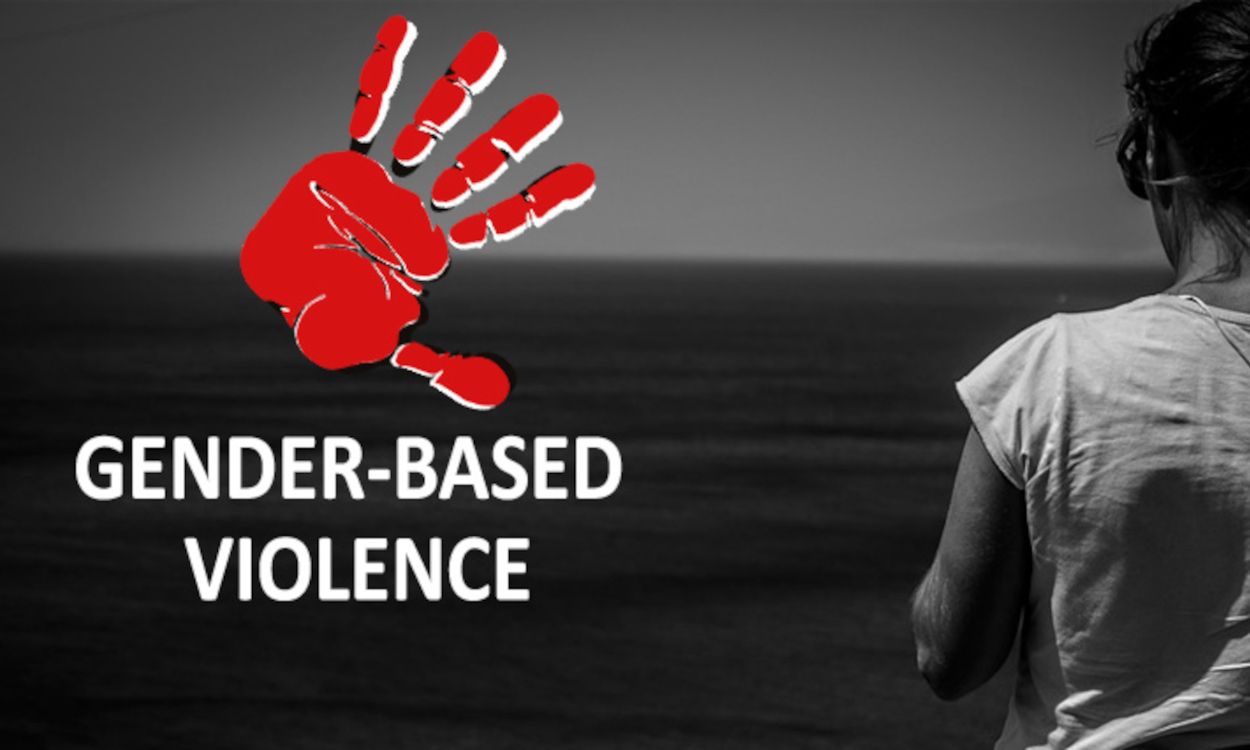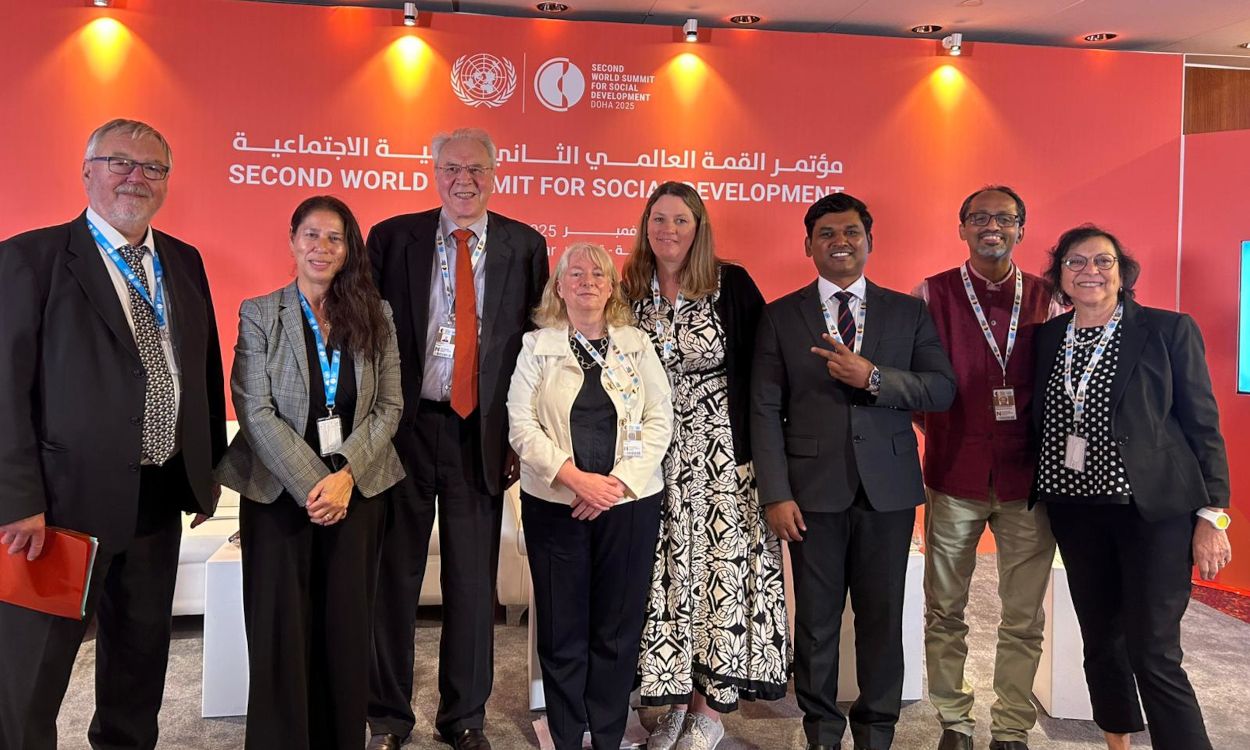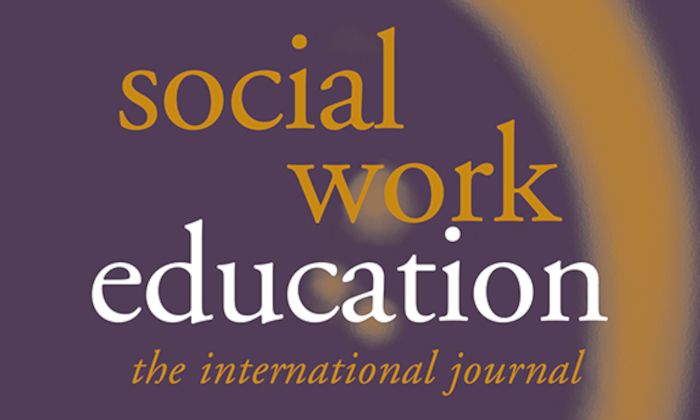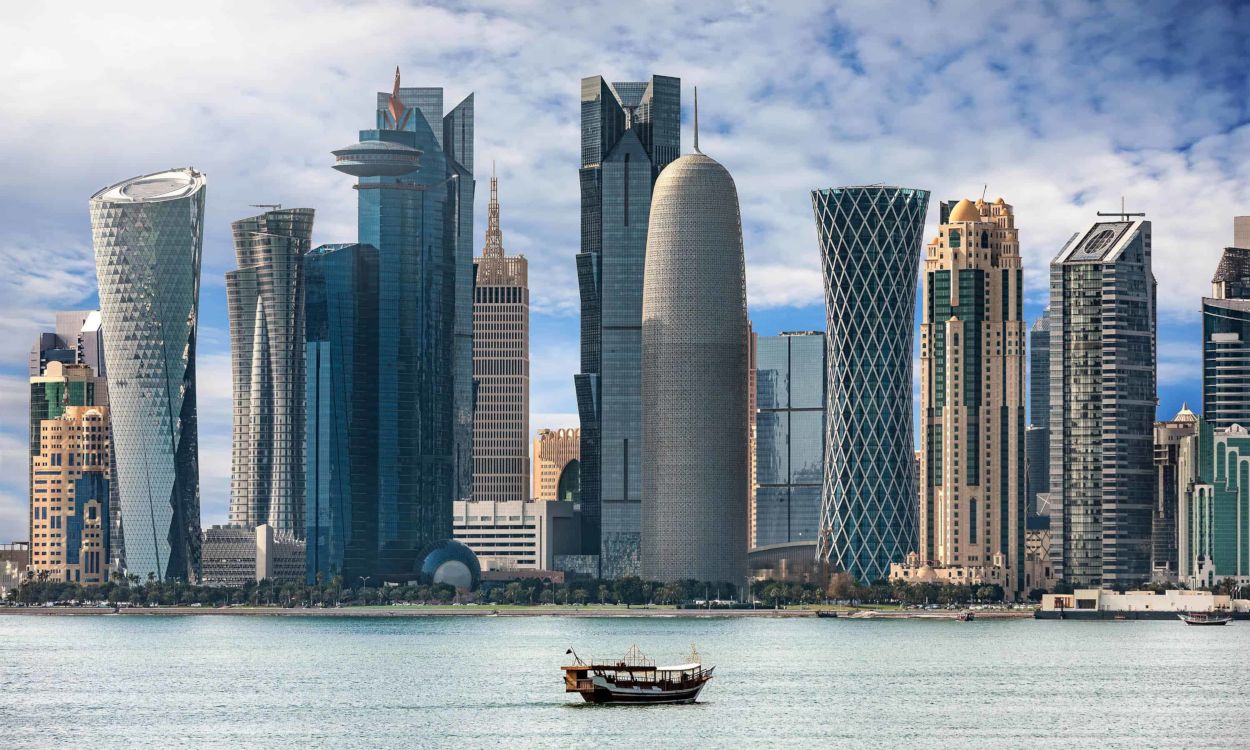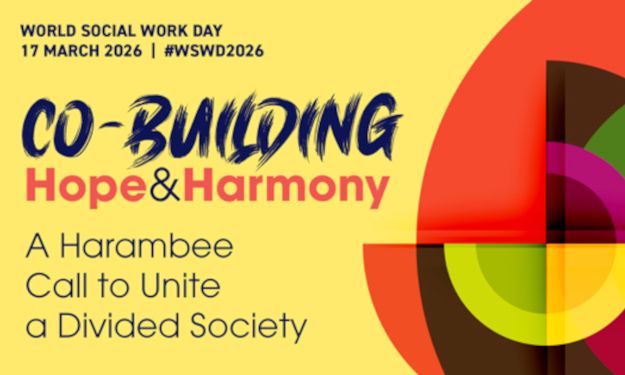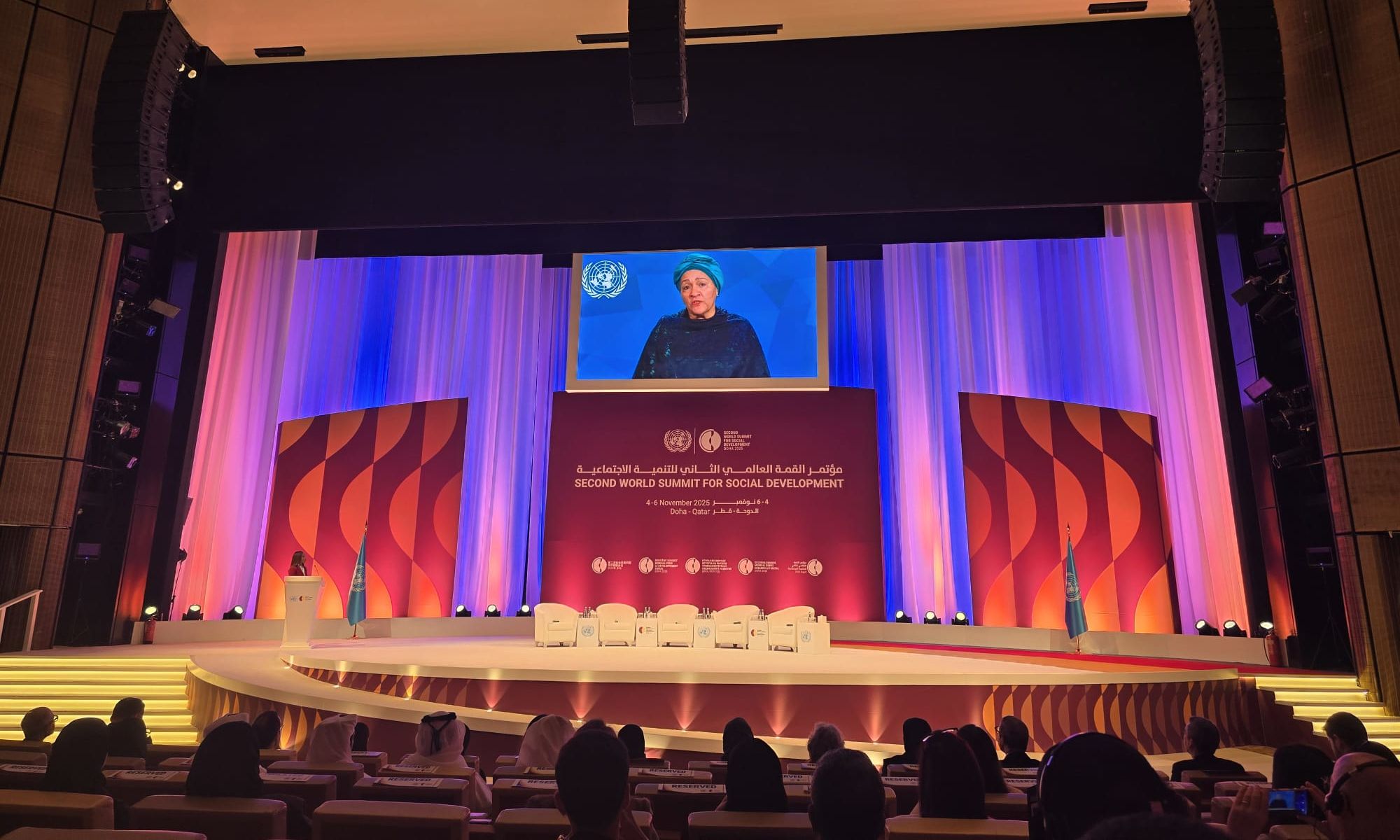The Future of Civic Freedoms: Lessons from My Time at CIVICUS

By Lysa John (Reprint)
OXFORD, Oct 10 2024 (IPS) - When I joined CIVICUS in 2019, I came in with two decades of work on influencing and monitoring public policies through grassroots and global activism. Joining CIVICUS as Secretary-General felt familiar, like returning home after a period of separation. My first international role in 2006 – as Campaign Director of the Global Call to Action against Poverty – was initially hosted by CIVICUS. One of my most memorable campaign endeavours, The World We Want 2015, was conceptualised in the basement of CIVICUS House in 2011.
My predecessors – Danny Sriskandarajah, Ingrid Srinath, Katsuji Imata, Kumi Naidoo and Miklos Marshall – had made significant contributions to the direction and outcomes of the alliance. I was grateful for the opportunity to serve this remarkable network dedicated to strengthening civil society and civic action. Little did I know that I would be leading CIVICUS through one of the most challenging periods for the world and for civil society. Looking back on these years, here’s what I’m taking away as insights and inspirations for the future of civic action and freedoms.
Civic freedoms cannot be defended without bold commitments to tackle systemic discrimination
Our research shows that historically excluded groups are the first to be targeted by measures to curtail civic freedoms. Restrictions imposed on groups such as women, LGBTQI+ people, migrants, refugees and ethnic and religious minorities often serve as a precursor to broader interventions to dismantle fundamental rights and freedoms. The unwillingness of initially unaffected groups to challenge actions that violate excluded people’s rights sets the stage for more pervasive restrictions on civic freedoms.
Between 2019 to 2024, we saw some of the world’s largest public protests call for urgent action to tackle systemic discrimination, including Black Lives Matter and movements against gender- based violence. Movements such as #MeToo, #FreeSaudiWomen, #NiUnaMenos and #AbortoLegalYa are examples of how women have mobilised to advance systemic change for equality and justice.
Civil society has won some successes, including the passage of a Sexual Violence Bill in Indonesia to criminalise forced marriage and sexual abuse and enhance protections for victims. Spain has seen the introduction of a new Law on the Guarantee of Sexual Freedom, based on the principle of consent, to challenge widespread impunity for sexual and gender-based violence.
As part of its refreshed strategy for 2022-27, CIVICUS has committed itself to tackling the dual challenges of civic space restriction and structural discrimination. Towards this end, several new programmes, such as our compelling campaigns for Freedom of Peaceful Assembly and Local Leadership, have been designed to prioritise the leadership of excluded communities and spotlight their strategies and struggles to protect civic freedoms.
To read the full article, download the South East Asia & the Pacific Newsletter - 2024/10.


